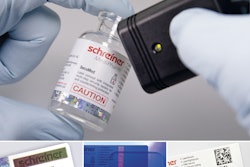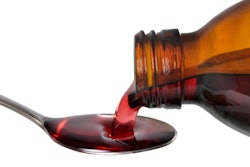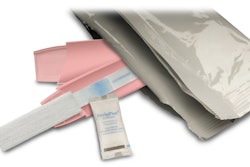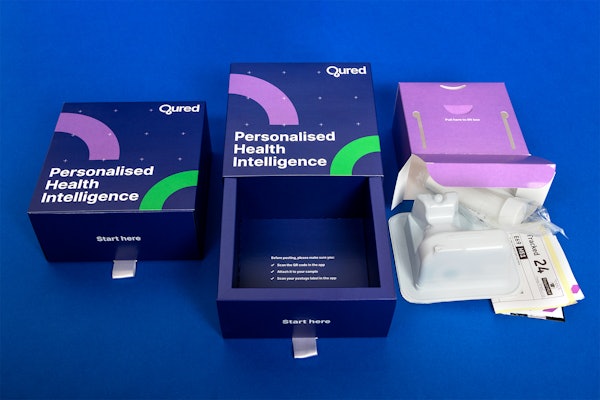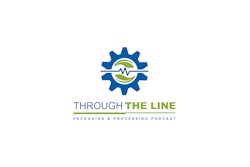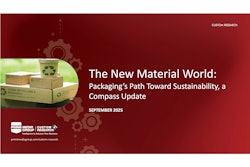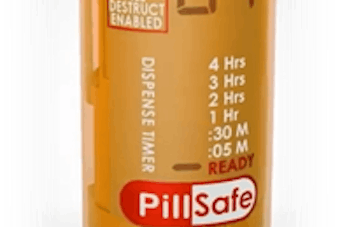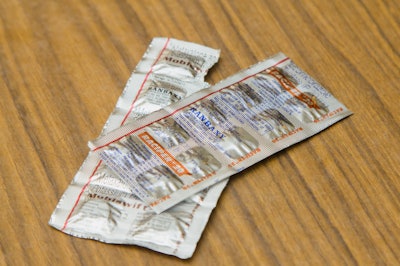
The U.S. Food and Drug Administration on Jan. 23, 2014 notified Ranbaxy Laboratories, Ltd., that it is prohibited from manufacturing and distributing active pharmaceutical ingredients (APIs) from its facility in Toansa, India, for FDA-regulated drug products. The Toansa facility is now subject to certain terms of a consent decree of permanent injunction entered against Ranbaxy in January 2012.
The decree contains, among other things, provisions to ensure compliance with Current Good Manufacturing Practice (CGMP) requirements at Ranbaxy facilities in Paonta Sahib and Dewas, India, as well as provisions to address data integrity issues at those facilities. In September 2013, the FDA added Ranbaxy’s Mohali facility to the CGMP provisions of the decree.
Under the decree, the FDA has issued an order prohibiting Ranbaxy from:
• Distributing in the U.S. drugs manufactured using API from Toansa, including drugs made by Ranbaxy’s Ohm Laboratories facility in New Jersey;
• Manufacturing API at its Toansa facility for FDA-regulated drug products;
• Exporting API from Toansa to the U.S. for any purpose; and
• Providing API from Toansa to other companies, including other Ranbaxy facilities, making products for American consumers.
“We are taking swift action to prevent substandard quality products from reaching U.S. consumers,” says Carol Bennett, Acting Director of the Office of Compliance in the FDA’s Center for Drug Evaluation and Research. “The FDA is committed to ensuring that the drugs American consumers receive—no matter where they are produced—meet quality standards and are safe and effective.”
The FDA exercised its authority under a provision in the consent decree, which permits the agency to extend the decree’s terms to any Ranbaxy-owned or operated facility if an FDA inspection finds the facility in violation of the Federal Food, Drug, and Cosmetic Act or FDA regulations, including CGMP requirements.
CGMP requirements serve as the primary regulatory safeguard over drug manufacturing and must be followed by companies to ensure manufacturing quality. The FDA also acted under a separate provision in the decree, which permits the agency to order additional corrective actions that FDA determines are necessary to achieve compliance with the law or the decree.
The FDA’s inspection of the Toansa facility, which concluded on Jan. 11, 2014, identified significant CGMP violations. These included Toansa staff retesting raw materials, intermediate drug products, and finished API after those items failed analytical testing and specifications, in order to produce acceptable findings, and subsequently not reporting or investigating these failures.
The agency is evaluating potential drug shortage issues that may result from this action. If the FDA determines that a medically necessary drug is in shortage or at risk of shortage, the FDA may modify this order to preserve patient access to drugs manufactured under controls that are sufficient to assure quality, safety, and effectiveness.
As a result of this action, Ranbaxy is now prohibited from manufacturing API for FDA-regulated drugs at the Toansa facility and from introducing API from that facility into interstate commerce, including into the U.S., until the firm’s methods and controls used to manufacture drugs at the Toansa facility are established, operated, and administered in compliance with CGMP.
Ranbaxy is required to hire a third-party expert to thoroughly inspect the Toansa facility and certify to the FDA that the facility and its methods and controls are adequate to ensure continuous compliance with CGMP. Ranbaxy will not be permitted to resume manufacturing and distributing API for FDA-regulated drugs from the Toansa facility until the agency is satisfied that Ranbaxy has addressed its manufacturing quality issues at that facility.
The FDA recommends that patients not disrupt their drug therapy because this could jeopardize their health. Patients who are concerned about their medications should talk with their health care professional before discontinuing treatment.
The FDA, an agency within the U.S. Department of Health and Human Services, protects the public health by assuring the safety, effectiveness, and security of human and veterinary drugs, vaccines, and other biological products for human use, and medical devices. The agency also is responsible for the safety and security of our nation’s food supply, cosmetics, dietary supplements, products that give off electronic radiation, and for regulating tobacco products.
(Editor’s note: This article comes from the U.S. FDA's website)



